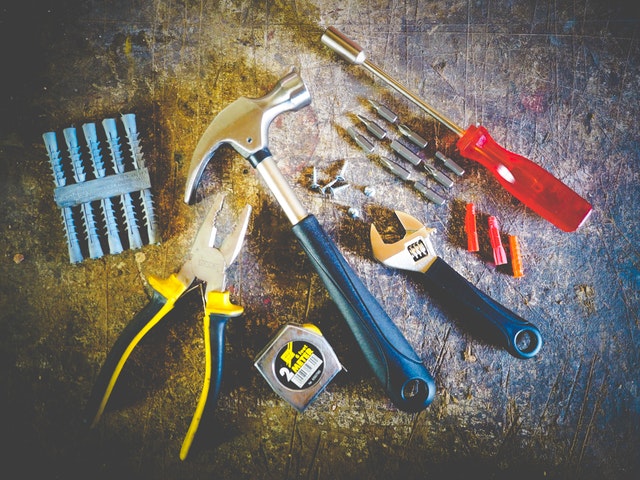Nothing lasts forever, and that is just as true of high-tech electronic devices as anything else, regardless of how well they are made. But North Carolina patients with hearing aids can prolong the life of their equipment with routine maintenance, servicing, and follow-up appointments.
Routine Maintenance for Hearing Aids

Hearing aids are exposed to a hostile environment on a daily basis, one in which heat, moisture, and debris can wreak havoc on the sensitive electronic circuitry. No, we aren’t talking about the Outer Banks during hurricane season – those are your ear canals! Regardless of how diligent you are when it comes to cleaning your ears, dirt, earwax, and moisture will accumulate over time. But there are steps you can take to keep them working properly.
Most importantly, you should clean your hearing aids every day. Wipe down all surfaces using a soft, dry cloth; avoid water, solvents, cleaning fluids, and alcohol (unless you’re enjoying a glass of wine at the end of a busy day), because moisture is the enemy. You might want to consider purchasing a multi-tool to remove wax and dirt from hard-to-reach areas of your hearing aids; your local Boone, Jefferson, or Linville audiologist should be able to provide you with one of these versatile tools, which comes with a wire loop, brush, and magnet for removing batteries.
While at-home maintenance is important, you’ll want to visit your audiologist for routine servicing and follow-up, as well.
Hearing Aid Servicing and Follow-Up
Follow-up appointments are important for all North Carolina patients with hearing loss. Not only will your audiologist check your hearing and make adjustments to your hearing aids to compensate for any changes, he or she will also perform “clean-and-checks” for your aids, which consist of a thorough cleaning and examination of your devices to ensure they are working properly. If there are any problems with them, your audiologist can service them or send them out for repair.
If repairs are needed, the cost will depend on the extent of damage, the price of replacement parts, and whether the hearing aids are still under warranty. Loaner hearing aids are usually available at no charge, so don’t worry – you’ll still be able to enjoy your normal routine while yours are being repaired.
If you’re a hearing aid patient and haven’t seen your audiologist in a while, please consider making an appointment to ensure your hearing aids are operating as efficiently as possible.